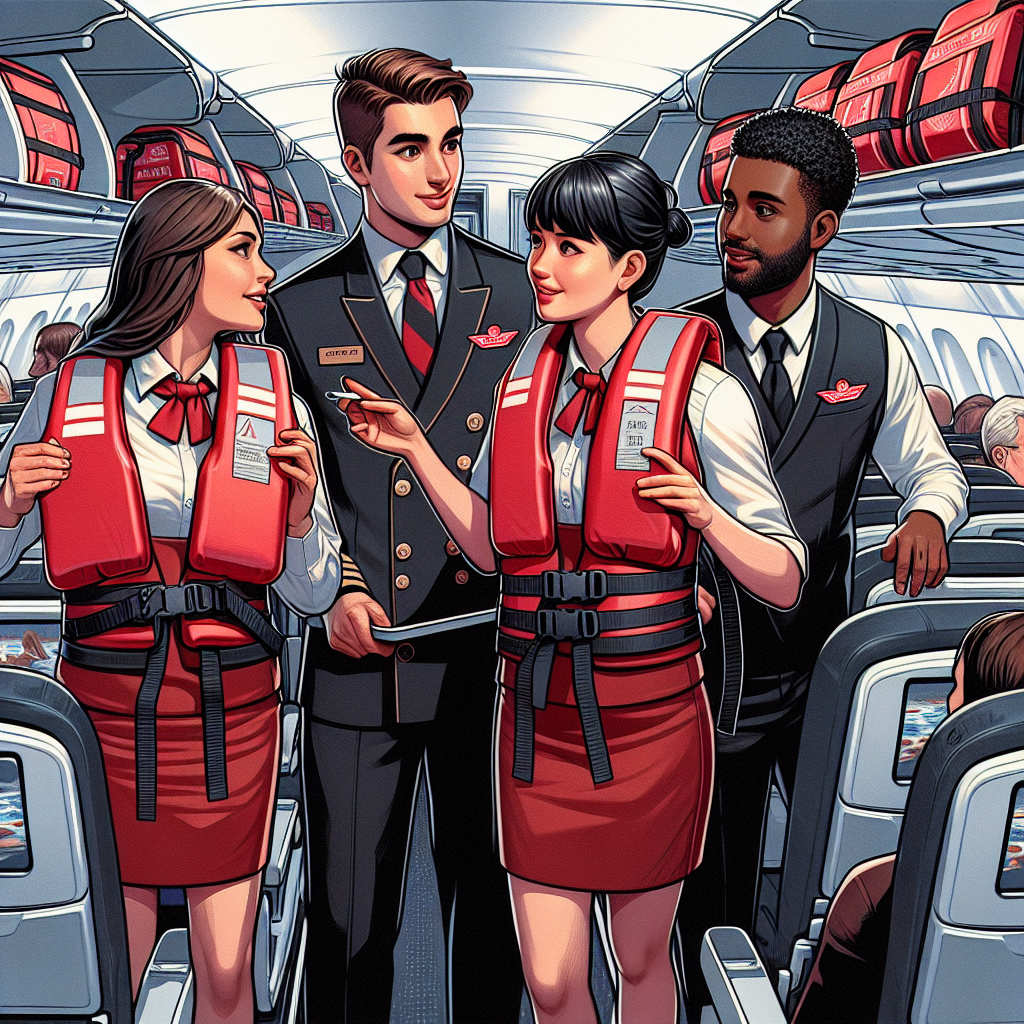Air Canada Flight Attendants Strike Sparks Constitutional Challenge
Air Canada flight attendants continue their strike, challenging a government order requiring them to return to work. The strike has caused widespread cancellations, affecting over 100,000 passengers. The main dispute centers on compensation for ground time. The government mandates a return to work and binding arbitration to resolve the conflict.

Air Canada flight attendants have launched a strike, contesting a government directive they describe as unconstitutional. The strike, marking the first walkout since 1985, has paralyzed the airline's operations, stranding over 100,000 passengers as 700 daily flights ground to a halt.
Despite a return-to-work order from the Canadian Industrial Relations Board, issued under Jobs Minister Patty Hajdu's directive, the attendants remain at odds with Air Canada. Negotiations, dormant for months, stalled primarily over compensation for time spent on the ground and during passenger boarding, a sticking point in contract talks.
Air Canada's decision to cancel flights preemptively worsened the situation, with expected stabilization in schedules over the coming week. As the government urges binding arbitration, the union maintains its call for direct negotiation, steadfastly opposing enforced settlements.
(With inputs from agencies.)
ALSO READ
Wildlife Strays Prompt Crop Compensation for Assam Farmers
US-Taiwan Tariff Negotiations: A Path Towards Trade Balance
Future Motor Finance Compensation: A Smaller Ripple Than PPI in the UK
FCA Proposes Massive Redress Scheme for Motor Finance Compensation
Behind Closed Doors: Taiwan-U.S. Trade Negotiations Remain Confidential










